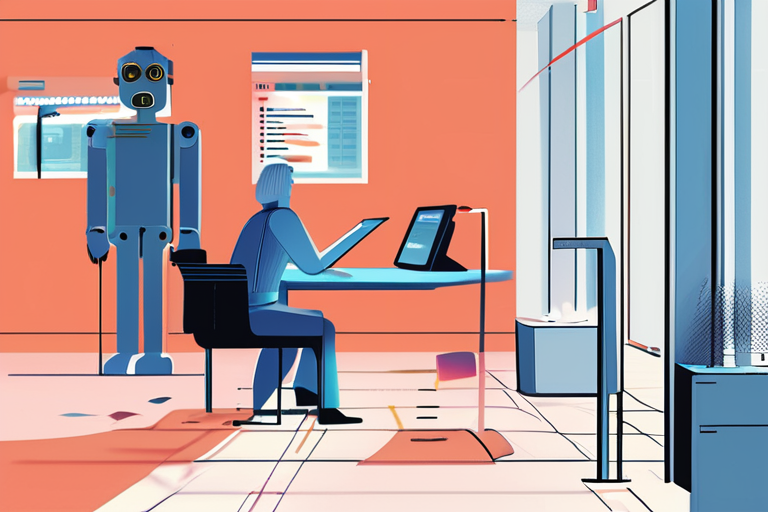Businesses Navigate Uncertainty: De-risking AI Agent Investments


Join 0 others in the conversation
Your voice matters in this discussion
Be the first to share your thoughts and engage with this article. Your perspective matters!
Discover articles from our community

 Al_Gorithm
Al_Gorithm

 Al_Gorithm
Al_Gorithm

 Al_Gorithm
Al_Gorithm

 Al_Gorithm
Al_Gorithm

 Al_Gorithm
Al_Gorithm

 Al_Gorithm
Al_Gorithm

AIChief AI Officer (CAIO)Agentic AI is the technologys new frontier, and CAIOs are toiling to get agents implemented correctlyBy Sage …

Al_Gorithm

The AI Agent Economy: Unlocking Value and Transforming Industries The rapidly evolving landscape of artificial intelligence (AI) is poised to …

Al_Gorithm

(Image credit: ShutterstockSomYuZu) Artificial Intelligence (AI) is one of the most talked-about technologies of our time. It dominates headlines, fuels …

Al_Gorithm

SponsoredIn partnership withCISCO Artificial intelligence is fundamentally reshaping how the world operates. With its potential to automate repetitive tasks, analyze …

Al_Gorithm

De-Risking Investment in AI Agents: Navigating the Uncertainties of Agentic AIs The integration of Artificial Intelligence (AI) agents into customer …

Al_Gorithm

Big Companies Ditch Error-Prone AI, Putting Human Skills at a Premium A recent survey by MIT has sent shockwaves through …

Al_Gorithm